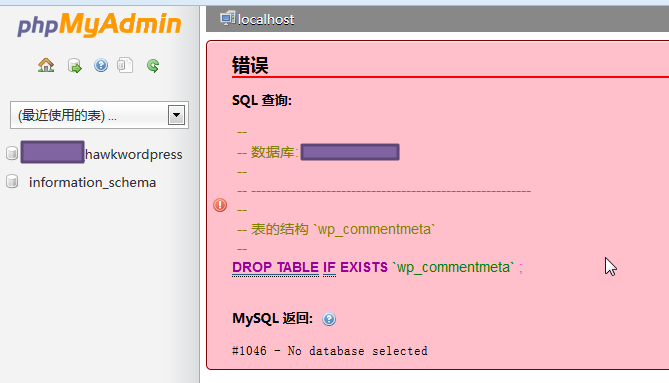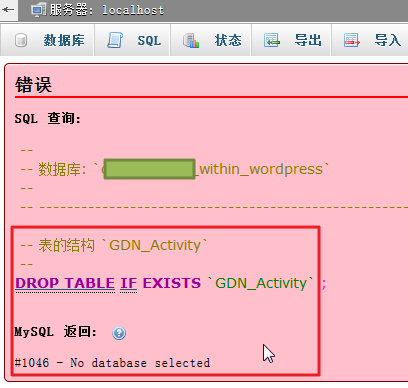
User.Note that this changes only the table in the database, not the model in the JavaScript side. With this call, Sequelize will automatically perform an SQL query to the database. A model can be synchronized with the database by calling model.sync(options), an asynchronous function (that returns a Promise). This is where model synchronization comes in.

However, what if the table actually doesn't even exist in the database? What if it exists, but it has different columns, less columns, or any other difference? When you define a model, you're telling Sequelize a few things about its table in the database. After being defined, we can access our model with. We want our model to be called User, and the table it represents is called Users in the database.īoth ways to define this model are shown below. To learn with an example, we will consider that we want to create a model to represent users, which have a firstName and a lastName.


If the table does not exist, then the statement responds with a warning. The model tells Sequelize several things about the entity it represents, such as the name of the table in the database and which columns it has (and their data types).Ī model in Sequelize has a name. SQL DROP TABLE IF EXISTS statement is used to drop or delete a table from a database, if the table exists. In Sequelize, it is a class that extends Model. A model is an abstraction that represents a table in your database.
#DROP TABLE IF EXISTS MYSQL HOW TO#
In this tutorial you will learn what models are in Sequelize and how to use them.


 0 kommentar(er)
0 kommentar(er)
